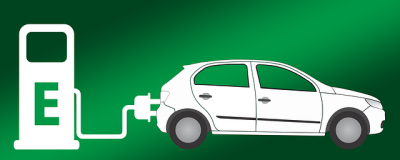The European Union sets the year 2035 to ban the sale of polluting cars, but the most important thing is that there are other countries and/or States that do the same. The State of California has announced a similar rule not long ago, and that in the US has a lot of weight, as other states are going to follow in their steps.
California is the US state with the most cars, and transportation generates almost 40% of its pollution there. Perhaps that is why it has been a pioneering State in the energy efficiency of cars for more than 40 years, and where the most electric cars are sold in all of the USA.
California's ban on selling polluting cars in the year 2035, has two previous phases. In the year 2026, 35% of the cars sold must meet these non-polluting requirements, and in the year 2030, it will be 68% of the cars sold. To reach in 2035 with 100% of the new cars.
I believe that it is a challenge, and that it is necessary to do it, and I am sure that many other states will follow the same path. But it is a challenge with difficulties of various kinds.

***
From having enough recharging points so that cars can travel several hundred kilometers, to reinforcing the electricity networks so that they are capable of supplying many new users.
It will also be necessary to invest in the generation of electrical energy by non-polluting means, especially solar and wind power, so that cars can move in a truly sustainable way.
Without forgetting the materials of the batteries that today are scarce and expensive, and the logistical problems of the scarcity of certain raw materials.
Today electric cars are more expensive than gasoline cars because batteries are expensive, and because car manufacturers want to take advantage of the fact that customers want this type of car. Over time, competition will increase and prices will be similar to or lower than gasoline prices.
Batteries, over time, will lower their cost, improve the energy they provide (with which cars will have greater autonomy) and will have faster recharges, using more common and less scarce materials.
The challenges are many and varied, but that always happens when profound changes take place, as they are going to take place. The electric car represents a huge change (some call it a revolution) compared to the more than 100 years of the fuel car, and it is not clear who will lead this change.
The fight is served.

